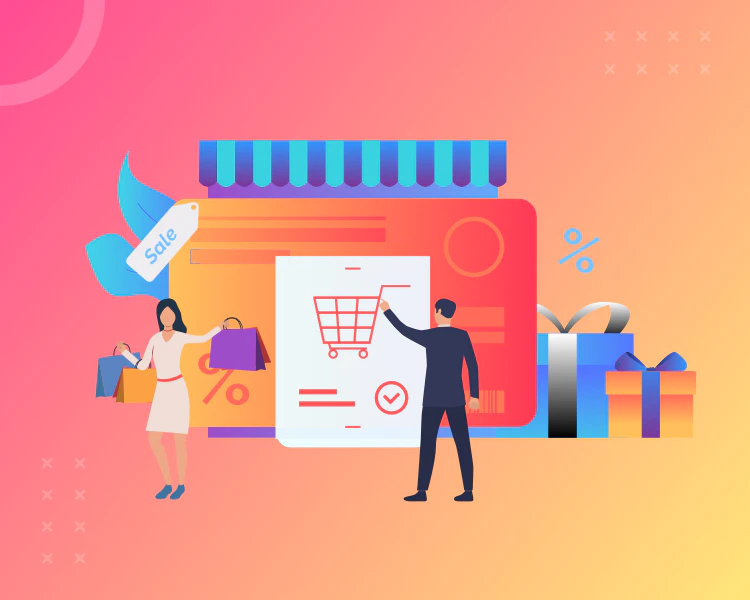Top 6 Ecommerce Logistics Markets Trends

There is no doubt that eCommerce has taken the logistics industry by storm in recent years. The rise of online shopping has led to a boom in demand for efficient and reliable logistics services that can get products to customers quickly and in a safe condition. This has created a highly competitive eCommerce logistics market, where companies are vying for market share with innovative solutions and cutting-edge technologies.
As eCommerce continues to grow in popularity, businesses are facing new challenges when it comes to logistics. Here are the top 10 eCommerce logistics market trends that businesses need to be aware of.
- Increased use of technology
Technology plays an integral role in everything from omnichannel fulfillment, to higher delivery success rates, increased customer satisfaction, and whatnot.
eCommerce logistics providers are increasingly using technology to improve their operations. This includes everything from augmented reality, chatbots, and data analytics to drones and robots. It also includes the use of artificial intelligence (AI), and data and analytics. This is being driven by the need to optimize operations and improve decision-making. Logistics companies are using data to track and analyze everything from shipping routes to customer behavior. This data is then used to improve planning and execution, as well as to identify new opportunities and optimize marketing efforts.
- Omnichannel Fulfillment
Omnichannel fulfillment refers to the ability to fulfill orders placed through any channel, including online, in-store, or mobile from a single inventory. It is a challenge for businesses because it requires them to have a coordinated and integrated approach to inventory management and order fulfillment.
To meet the demands of omnichannel shopping, businesses need to have a robust eCommerce logistics strategy in place. This should include the use of technology to automate and streamline processes, as well as a focus on customer service.
- Increased Importance of Last-mile Delivery
This is especially true for businesses that sell high-value items or perishable goods. Several factors are driving this trend. First, customers are becoming more demanding, expecting faster delivery times and greater convenience. Second, the growth of online retail has made last-mile delivery an essential part of the eCommerce supply chain. And third, as competition intensifies, businesses are looking for ways to differentiate themselves and offer a better customer experience.
To meet these challenges, businesses need to partner with a last-mile delivery provider that can offer a reliable and cost-effective solution. This is where NimbusPost comes in with its tech-enabled shipping platform and worldwide delivery reach.
- eCommerce Going Global
As the internet has made it easier for businesses to reach international consumers, more and more companies are expanding their operations to include global eCommerce.
This growth in international eCommerce is presenting new challenges for logistics providers. Because of the different customs regulations, taxes, and shipping costs associated with different countries, it can be difficult to ship products to international customers. In addition, language barriers can make it difficult to communicate with customers in other countries.
- New eCommerce Business Models
The trend of new eCommerce business models is towards faster, more convenient, and more affordable ways to shop online. This has led to the rise of eCommerce logistics companies that provide same-day or next-day shipping, as well as other innovative services such as in-store pickup and return.
This trend is being driven by the increasing demand for convenience and speed from online shoppers. In addition, the growth of eCommerce has created a need for more efficient and cost-effective ways to ship goods.
6. Increased focus on customer experience
Due to the increase in eCommerce and the resulting competition, logistics companies are under pressure to provide better customer experiences. The trend of increased focus on customer experience in eCommerce logistics is being driven by the need to strive in the increasingly competitive eCommerce market. Logistics companies are under pressure to provide better customer experiences so that they can stay ahead of the competition.



